March 2004 pogrom of Serbs in Kosovo remembered in schools
The first class in schools across Serbia today was dedicated to the March 17, 2004 anti-Serb violence in Kosovo, known in Serbia as <a href="http://www.b92.net/eng/news/politics.php?yyyy=2016&mm=03&dd=17&nav_id=97393" class="text-link" target= "_blank">"the March pogrom."</a>
Friday, 17.03.2017.
11:46
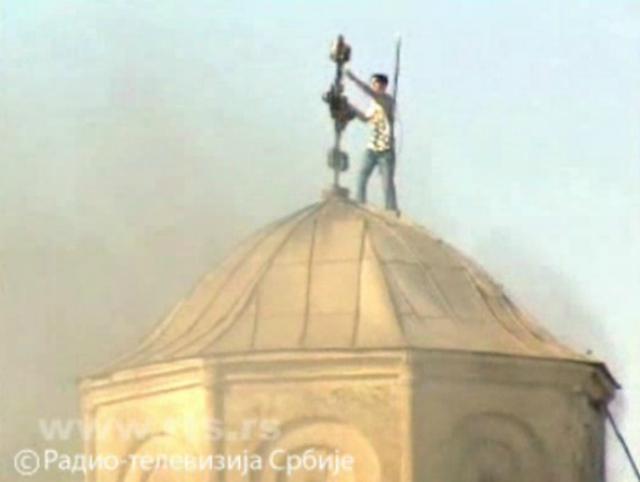
March 2004 pogrom of Serbs in Kosovo remembered in schools
"The cause for the pogrom of Serbs in Kosovo and Metohija 13 years ago was a horrible lie, that Serbs had forced four Albanian boys to jump into the Ibar (River)," Vulin said.The real reason behind the violence, he continued, was "the need for no Serbs to be left in Kosovo and Metohija - but when this horrible lie was told, more than 4,000 Serbs were forced out, more than 800 of their homes and 35 religious structures were destroyed."
"It's hard to go back where there is such hatred toward Serbs, where their homes and churches have been torn down - in (the town of) Pec there are now only 12 Serbs," the minister said.
He urged the students to visit Kosovo "at least once" - see the churches and the monasteries built by their ancestors, but also meet their peers and witness the conditions under which they live and study.
"You will feel big and important when you see what your people were capable of building a thousand years ago. When you arrive at (Serbian Orthodox monastery) Visoki Decani, you won't believe that it was built by your people hundreds upon hundreds of years ago, when some other nations, who are today considered bigger and more numerous, were building little houses - your ancestors were building Visoki Decani," Vulin said.
"Children, never hate anyone, and love your country," he concluded.
Sarcevic also address the class to say that Serbs in northern Kosovo are "tied to Serbia" - but those who live in the enclaves, such as those in Gora, face difficult conditions. Their schools today are repurposed houses and containers, the minister said.
"We could not believe it that five years after the arrival of UN troops and guarantees of safety, something that had not happened for centuries before happened in front of the whole world: Serbs were killed and expelled, their houses set on fire," Sarcevic said.
According to him, "nobody in the world raised their voice about that." Children in Serbia must know that what happened on that day, must not be forgotten, he added.
The students had questions for the two ministers about the conditions under which Serbs live in Kosovo, how many remain in the southern province, whether their holy places have been repaired, and how their children are getting an education.










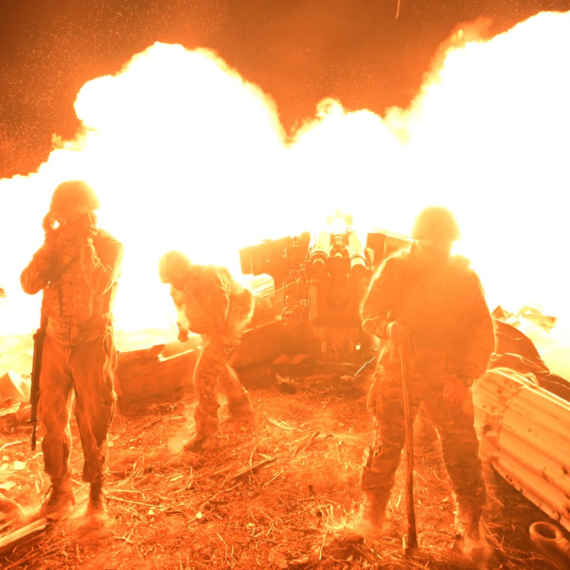



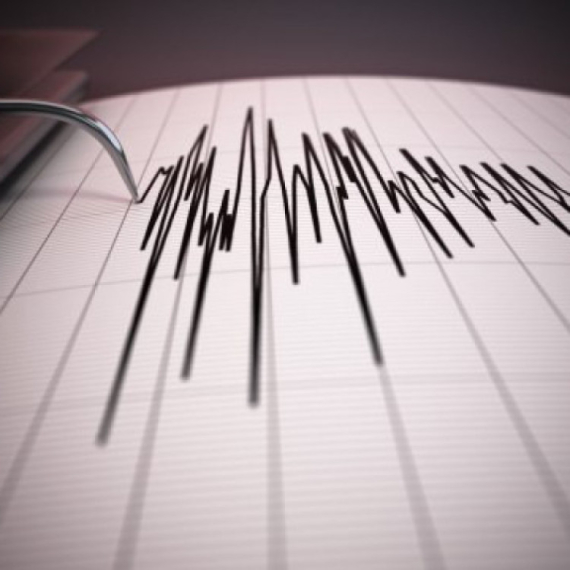




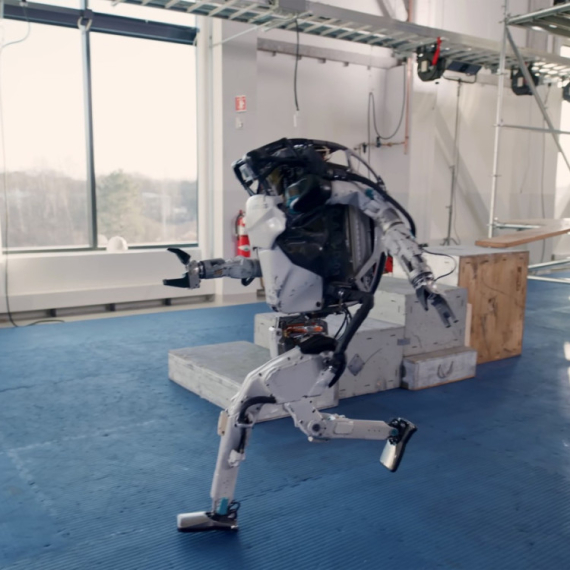





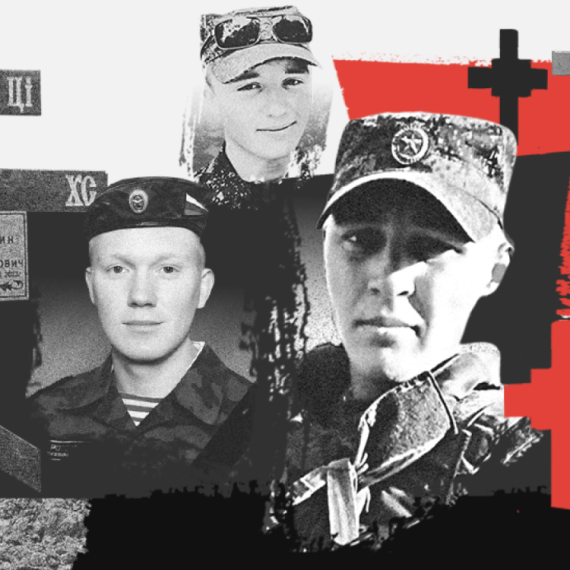
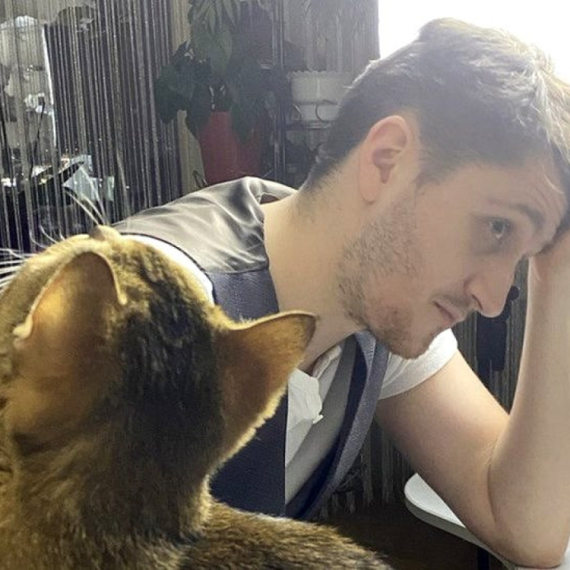
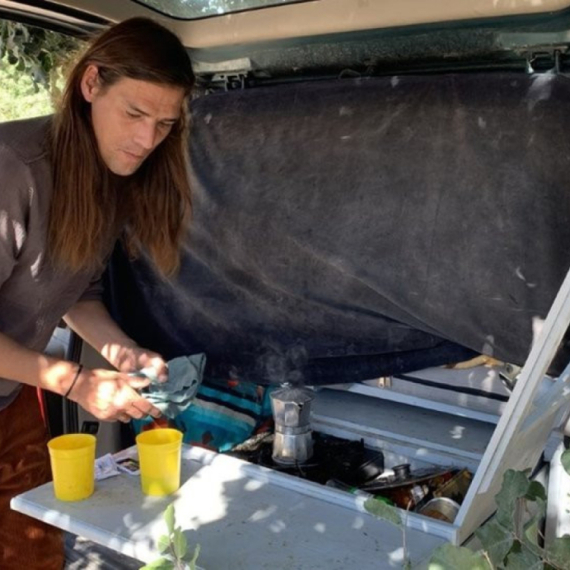
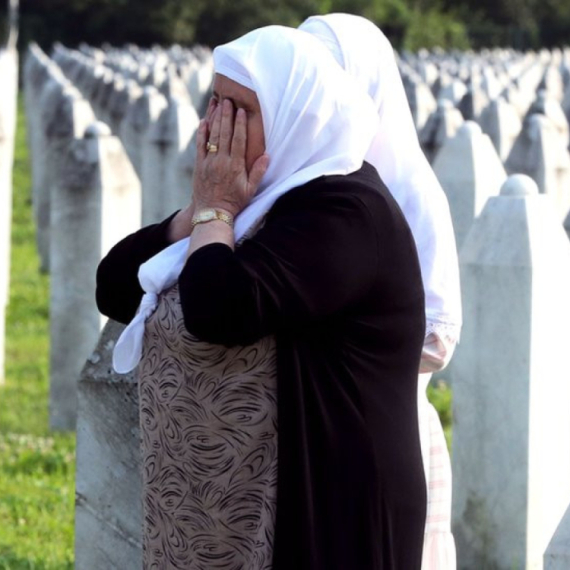
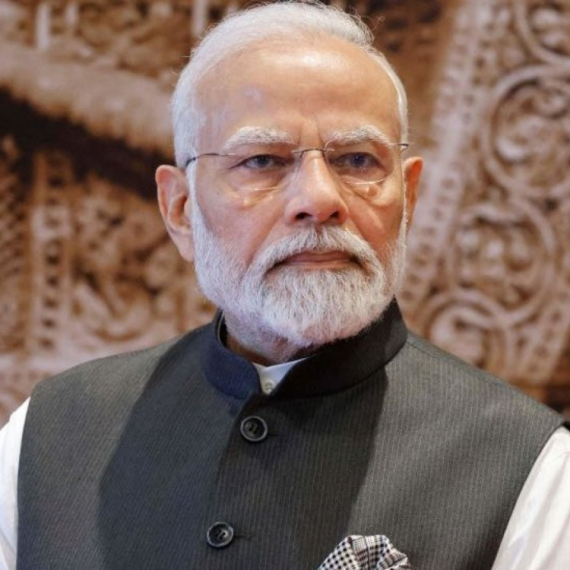

Komentari 20
Pogledaj komentare